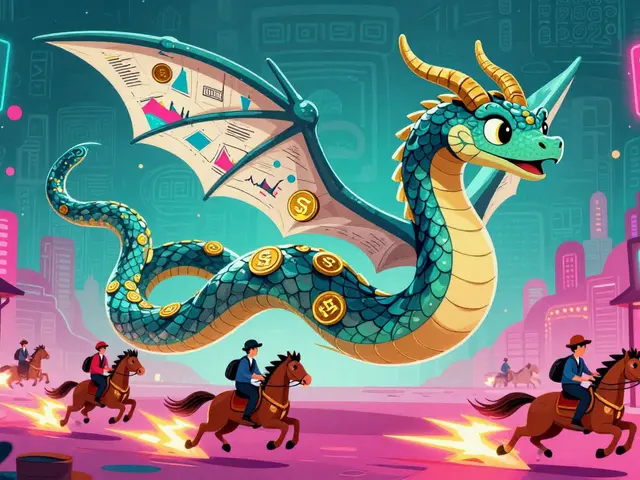How to Enable 2FA on Crypto Exchanges: A Step-by-Step Security Guide
Enable 2FA on crypto exchanges to protect your assets from hackers. Learn how to set up Google Authenticator, avoid SMS risks, save recovery codes, and prevent account lockouts.
When you hold cryptocurrency, you’re not just owning a number—you’re holding the keys to your own bank. crypto security, the practice of safeguarding digital assets from theft, fraud, and loss. Also known as blockchain security, it’s not about fancy software—it’s about habits, choices, and knowing what not to do. Most people lose crypto not because of hackers, but because they clicked a fake link, reused a password, or stored their keys on an exchange they didn’t understand.
private keys, the secret codes that give you control over your crypto. Also known as seed phrases, they’re the only thing standing between your coins and someone else’s wallet. If you lose them, they’re gone forever. If someone else gets them, your money is gone too. That’s why cold wallets—hardware or paper—are the only real safety net. Exchanges? They’re like leaving cash in a public park. Sure, it’s convenient, but if the park gets robbed, you have no claim. And crypto scams, fraudulent schemes designed to trick users into giving up their keys or sending funds. They don’t need to hack anything. They just need you to be careless. Airdrops that ask for your seed phrase, fake customer support, “free token” links—these aren’t glitches. They’re targeted attacks.
Real crypto security means treating your wallet like a safe deposit box—not a login page. It means checking every transaction before signing. It means never typing your seed phrase into a website, even if it looks official. It means knowing that if something sounds too good to be true—like a 10x return from a random token—it’s designed to take your money. The posts below show you exactly how this plays out: from the dangers of unregulated exchanges like GroveX and KCEX, to the truth behind fake tokens like veDAO and DIYAR, to how even privacy tools like Tornado Cash got caught in legal crosshairs. You’ll see what works, what fails, and why some projects vanish overnight. This isn’t theory. It’s what happened to real people. And it can happen to you—if you don’t know the rules.
Enable 2FA on crypto exchanges to protect your assets from hackers. Learn how to set up Google Authenticator, avoid SMS risks, save recovery codes, and prevent account lockouts.
North Korea has stolen over $3 billion in cryptocurrency since 2017 using state-backed cyberattacks to fund its weapons programs. Learn how they do it, who's behind it, and why it's still getting worse.
Hardware wallets are the most secure way to store cryptocurrency offline. Learn how Ledger, Trezor, and BitBox02 protect your keys, how to set one up safely, and why metal backups are non-negotiable for serious holders.

The KALATA X CoinMarketCap airdrop offered 20,000 KALA tokens in 2021 to build a community for synthetic asset trading. Learn how it worked, what happened after, and why most participants lost interest.

Sei (SEI) is a Layer 1 blockchain built for high-speed decentralized trading. With native order matching, 12,500 TPS, and sub-second finality, it outperforms Ethereum and Solana for traders. Learn how it works and why it's gaining traction.

Ethscriptions (ETHS) are low-cost, on-chain digital artifacts on Ethereum that use transaction calldata instead of smart contracts. Cheaper than NFTs, they let artists mint images for under $2 with full permanence and censorship resistance.

Learn how CrossWallet's CWT airdrop actually works - no hype, no promises. Get real steps to claim free tokens, understand the risks, and decide if it's worth your time.

The PandoLand $PANDO airdrop in March 2025 gave 500 winners $1,000 each in crypto tokens. Learn how it worked, who won, why the game never launched, and what it teaches us about crypto airdrops today.